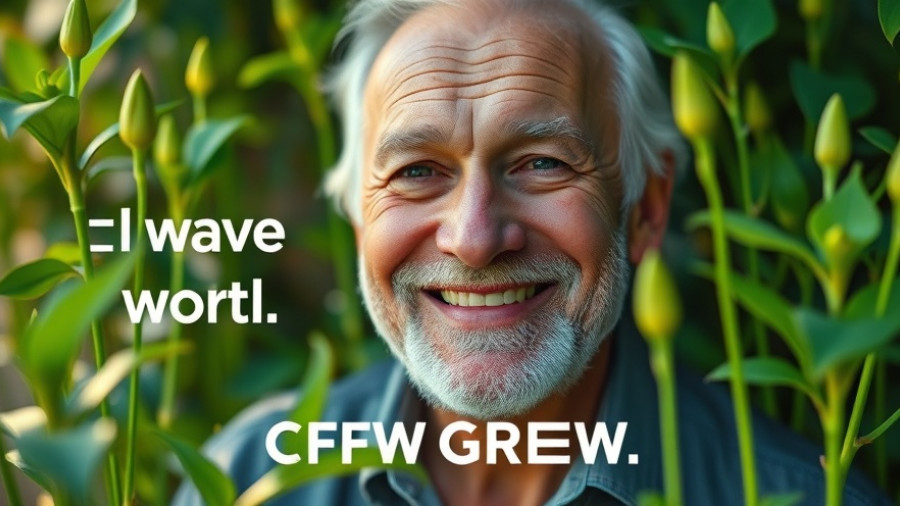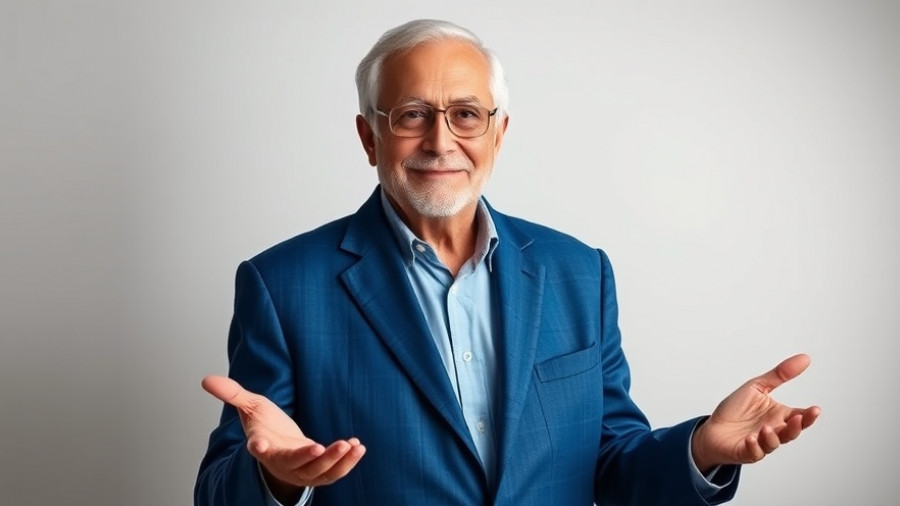
Understanding Resistance in Personal Growth
Everyday life often presents us with both intuitive nudges and feelings of resistance. However, many people overlook the value of these sensations, mistaking them for inconveniences. Dr. Sue Mortar emphasizes that resistance—whether felt as frustration, sadness, or tension—serves as a signpost, guiding us toward deeper insights within ourselves. Rather than seeing these feelings as problems, we should lean into them as they can point toward solutions and self-discovery.
In 'Trusting Your Inner Voice: Intuition Meets Resistance,' the discussion dives into the intricacies of personal transformation through understanding intuition and resistance, prompting us to explore these vital concepts further.
Intuition: Our Inherent Guidance System
Mortar highlights that intuition is designed to guide us continuously, often expressed as gut feelings or spontaneous moments of clarity. This 'inner voice' is not just a whimsical idea; it is deeply rooted in our physiological and energetic makeup. The human body possesses billions of sensory receptors, enabling us to connect with intuitive knowledge when we quiet the mind and turn inward.
Removing Barriers: The Role of Resistance
Resistance can feel uncomfortable, but it often indicates where we have built protective walls that limit our growth. By addressing resistance head-on rather than avoiding it, we allow ourselves to break free from the confines of fear and embrace our true potential. Mortar encourages us to question where our feelings of resistance stem from, thereby transforming them into profound opportunities for personal transformation.
Practical Steps for Heightening Intuition
To foster a stronger connection with your intuition, regular practices such as meditation and focused breath work can rewire your internal circuitry. These techniques enhance mind-body connectivity, making it easier to tune into your intuitive voice while navigating life's challenges. As you cultivate this practice, you will likely experience a more profound sense of alignment and flow in your life.
Ultimately, embracing both intuition and resistance is essential for holistic wellness. By recognizing their intertwined nature, you create space for deeper self-awareness and healing. Your intuitive voice can illuminate the path toward fulfilling your potential, guiding you toward living a more empowered and conscious life.



Write A Comment